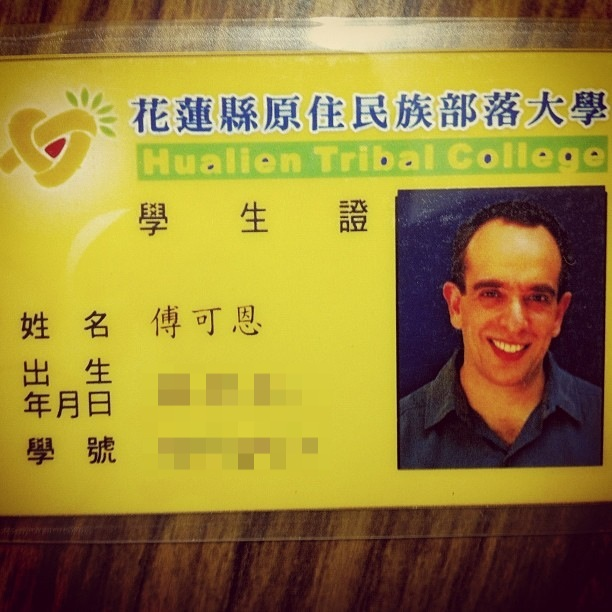[The post below was contributed by guest blogger Laurel George, and is part of a series on the relationship between academic precarity and the production of ethnography, introduced here.]
In this discussion by and about anthropologists working at the boundaries of academia, a reasonable place to start is with a statement of academic situatedness. But in academia today—and especially on its sidelines—talking about situatedness can be tricky business. In the traditional U.S. academic trajectory with a tenured academic position as the ultimate goal, a simple name, rank, and affiliation answer was sufficient and expected. Moreover, that small piece of information could offer a good amount of information about one’s intellectual pedigree and leanings, relative degree of success, and likely fields of expertise. For so many today, though, both within academia in contingent positions and those working outside of academia, describing one’s institutional situadedness requires qualifiying language of temporality, multiplicity, and fluidity. These qualifications we make, offered apologetically or not, stem, I believe, from the gap between the reality of academic careers in the U.S. today and the ideal(ized) traditional tenure-track career trajectory, which we still hold as the norm. This despite the fact that those with tenure and on the tenure-track comprise a distinct minority of faculty in U.S. colleges and universities. Recent statistics and studies indicate that somewhere between 65% and 75% of all faculty in U.S. colleges and universities are in part-time or adjunct positions while only 25%-30% are tenured or on the tenure track. And these numbers do not account for those who went into academe aspring to careers that looked like those of their own professors and mentors, but who now work fully or partly outside of academia. The next few weeks will take up these issues as they pertain to the field of anthropology and the practice of ethnography, and in doing so will offer ideas about centers and margins, success and failure, and tradition and innovation.
First, though, a quick look to my academic and professional trajectory, offered as a kind of case study. After getting an undergraduate degree in anthropology (with a big dose of dance thrown in), I decided to work for a year or two before going for my doctorate in anthropology. At the encouragement of an esteemed professor, I applied to work in the Dance Program at the National Endowment for the Arts (NEA), attracted by the possibility of immersion in a completely different world. Months went by with no word from the NEA. I took that as a sign that I’d better get on with the grad school plan without the detours, so I applied to doctoral programs in anthropology. Mere days before replies were to go out from graduate programs and almost a year after applying to the NEA, I was called down to Washington, D.C. for a job interview. I was offered and accepted the job, deferred my acceptance into Rice University’s Cultural Anthropology Ph.D. program, and stayed at the NEA for a year and a half. It was the right move—not only did I learn about arts funding, concert dance in the U.S., and how to work outside of an academic environment, I also gathered information for my eventual doctoral disseration, a multi-site ethnography on contemporary dance in the U.S. which included the NEA as one of the field sites. (The other field sites were dance organizations and communities of dancers in New York City, where I moved to do fieldwork in 1997 and have never left.)
Continue reading →
